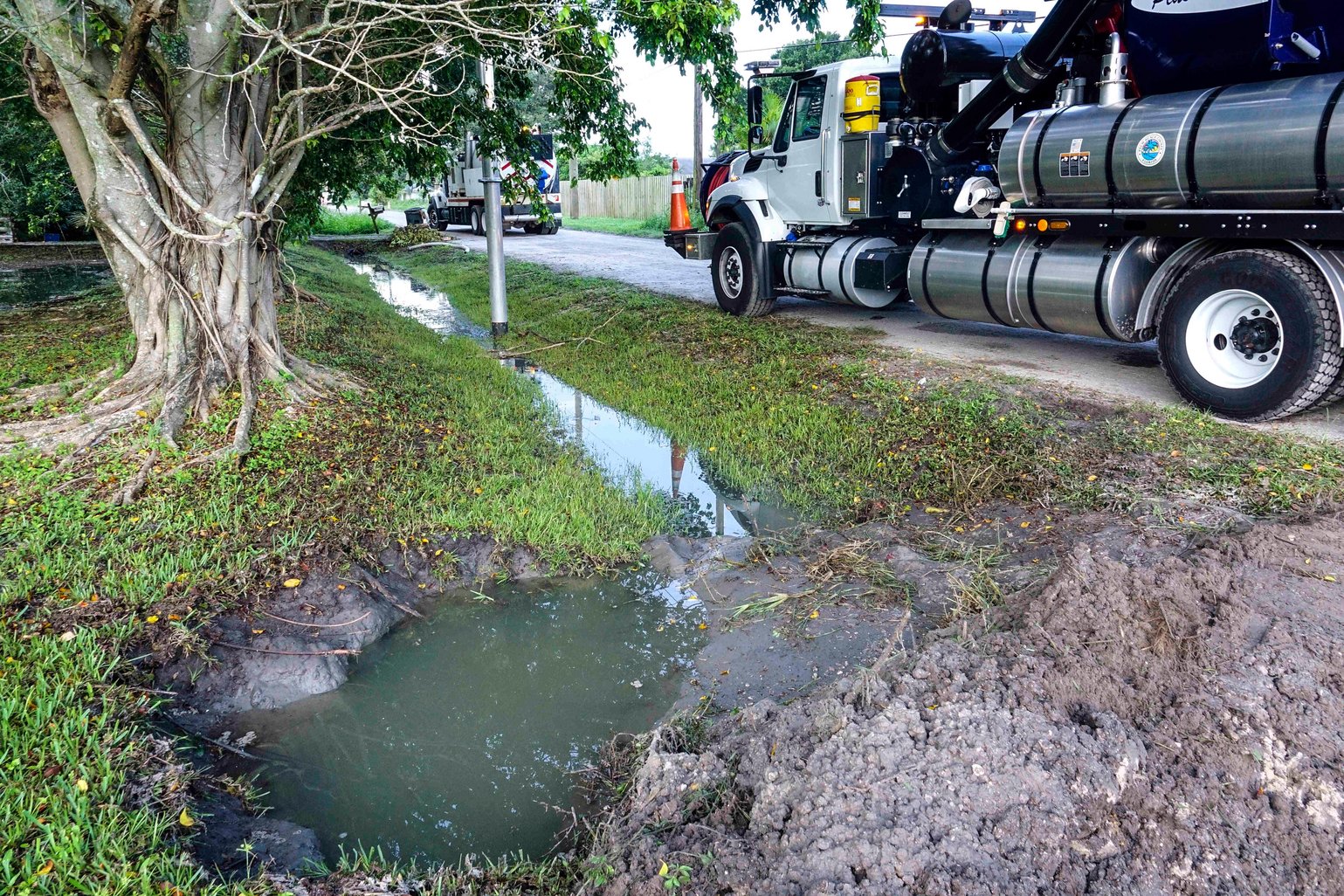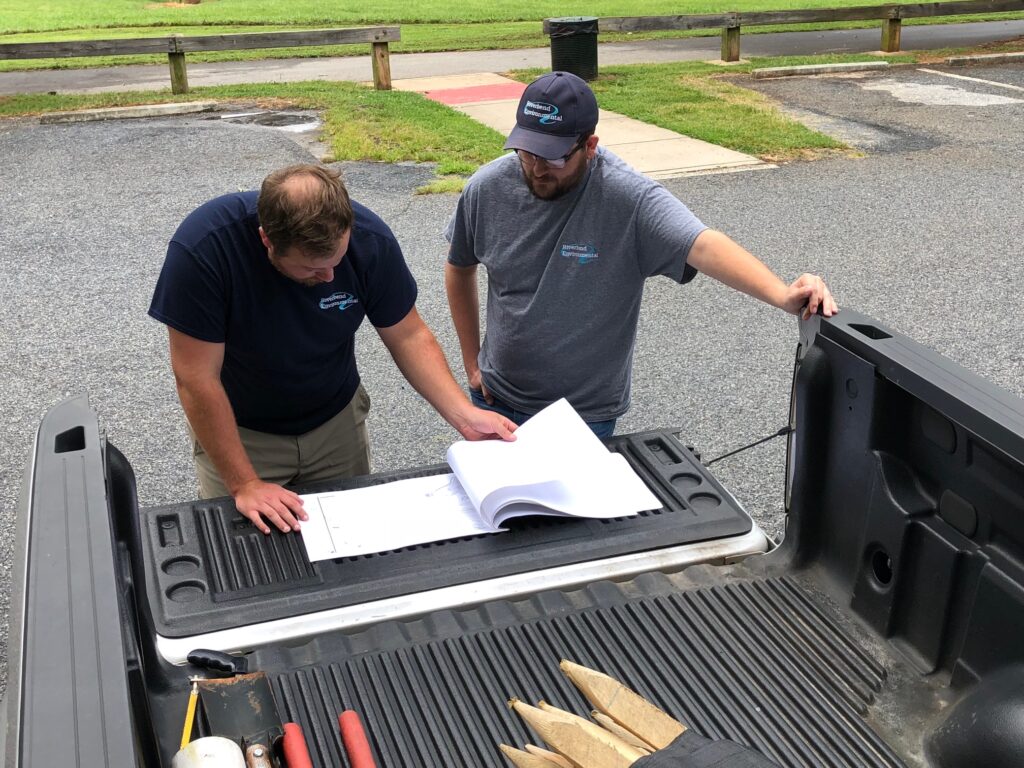
Hit with a U.S. Clean Water Act Violation?
Much like a Georgia Consent Order, to resolve state water quality act violations, the federal government does often seek to enter into Consent Decreas to resolve alleged federal environmental violations. The general overview and things to be aware of are described in our Georgia Consent Order Resolutions Services Page.
However, did you know that the U.S. Clean Water Act doesn’t allow just government regulators to seek compliance with environmental law. It also has a supplementary enforcement mechanism in that it allows regular citizens to use its authority to compel compliance with the Act and address alleged environmental violations. What is sometimes referred to as a “third party lawsuit” allows citizens to sue any person who is alleged to be in violation of an effluent standard or limitation and seek civil penalties, injunctive and declaratory relief, as well as recover attorney fees.

Decades of Experience
Riverbend Environmental has decades of experience in environmental regulation, and should you find yourself possibly facing this difficult situation, we recommend you seek the services of an environmental consultant as well as a qualified attorney.
Frequently Asked Questions
If you have additional questions reach out and a team member will get in touch with you.
A third-party lawsuit is a legal mechanism that allows citizens, not just government regulators, to enforce compliance with environmental laws. Under the Clean Water Act, this type of lawsuit can be initiated by any individual or group against a party alleged to be in violation of effluent standards or limitations. The lawsuit can seek civil penalties, injunctive relief (orders to stop certain activities), declaratory relief (a court determination of legal rights), and recovery of attorney fees.
A Consent Decree is a legally binding agreement that settles a dispute between a government agency and a party that has allegedly violated federal environmental laws, without the need for a trial. It typically includes specific actions that the defendant must undertake to remedy the violations, such as pollution control measures, compliance schedules, and sometimes penalties. This agreement is approved and entered into the court record by a judge, making it enforceable by law.
If you are notified of a potential violation, it is crucial to act promptly. Consult with an environmental consultant and a qualified environmental attorney who can help you understand the specifics of the alleged violation, the legal implications, and your options for defense or settlement. Proper legal and technical guidance is essential in navigating the complexities of environmental regulations and litigation.
Settling a violation through a Consent Decree offers several benefits, including avoiding the costs and uncertainties of a trial, gaining more control over the terms of the settlement, and potentially reducing penalties. Additionally, Consent Decrees often allow for creative solutions tailored to the specific circumstances of the violation, which can be more efficient and effective than standard regulatory penalties.
Yes, any citizen or organization can file a third-party lawsuit if they believe an entity is in violation of the Clean Water Act. However, the plaintiff must show that they are adversely affected by the violation. There are also procedural requirements, such as notifying the alleged violator and relevant government agencies of the intent to sue, which must be followed before filing the lawsuit.

